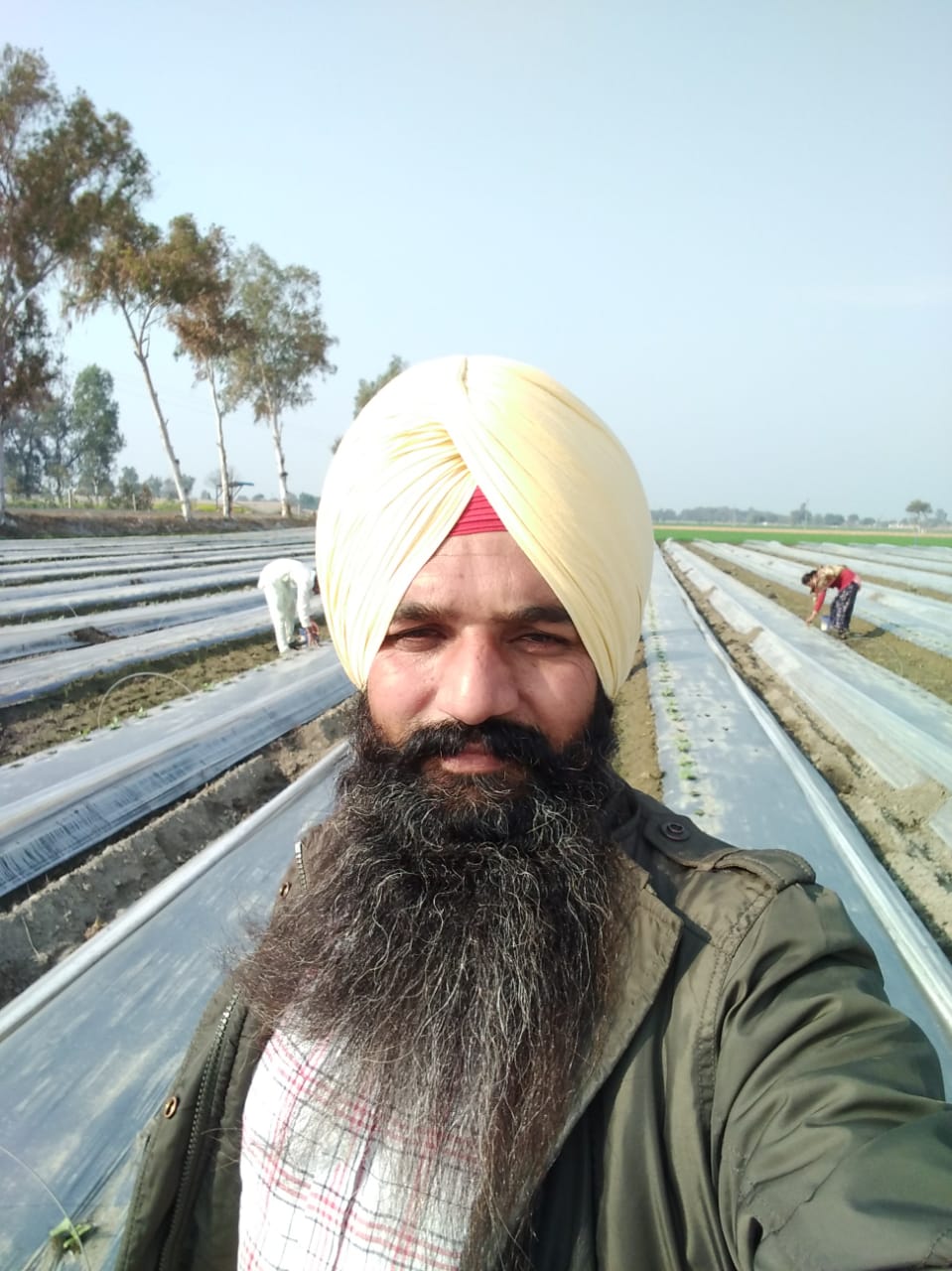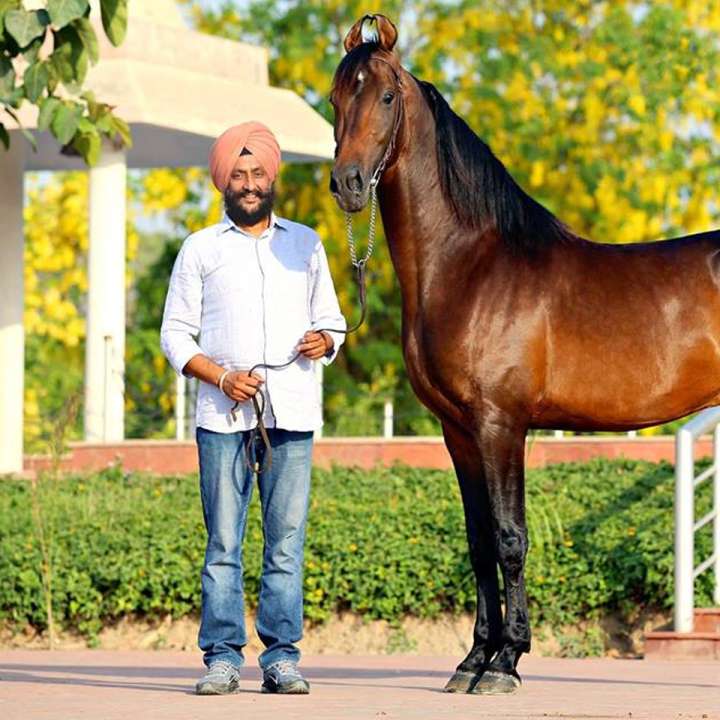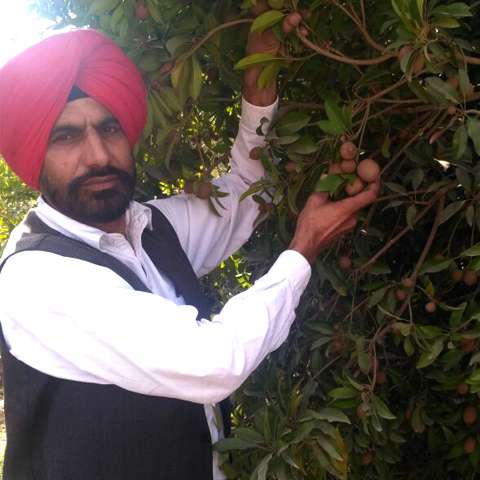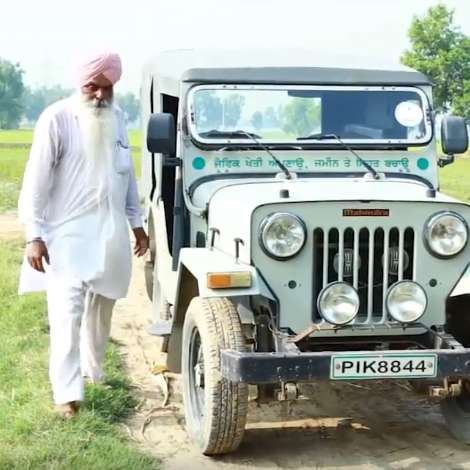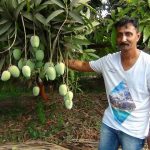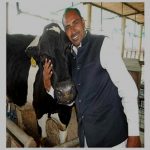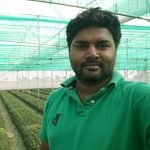This farmer has proved that even a common farmer can do something innovative, something new
Walking in a crowd never creates an identity for an individual, something new has to be done to create an identity. Where everyone was working on some old things, a farmer took the decision to do something different. This farmer, Jaskaran Singh, son of Baldev Singh, is a resident of village Kauni, Tehsil Gidderbaha.
Baldev Singh used to practice conventional farming in 27 acres. Due to the family farming business, Jaskaran Singh started working with his father at a very young age, due to which he was unable to look after his studies and for that reason he dropped his studies. The moment when he stepped up in the field, an invaluable relationship was built up with soil. From the very beginning, his father used to cultivate wheat and rice, but Jaskaran Singh had something else in his mind.
When I saw people growing crops other than rice and wheat, it was struck in my mind to do something unique- Jaskaran Singh
Keeping this thing in mind of doing something different, he decided to cultivate strawberries. This decision of Jaskaran disappointed his father very much. His disappointment was natural because planting a crop that is not familiar is a big step. But after assuring his father, he along with his 2 friends set up a strawberry farm in 8 acres. Due to insufficient information and lack of studies, there was a fear of getting failed but passion was on the top of head and a belief that hard work never goes in vain. Hence, he took a training of horticulture and started his business.
He did not face much hindrance in starting strawberry cultivation. Initially he bought seeds from Delhi with his friends’ advice. Farmers avoid strawberry cultivation as it is labour extensive and demands a hard work. Meanwhile, his friends decided to drop this business after realizing that knowledge about strawberry cultivation is not enough. One of them started doing business to secure his future and another is still in hardship for going abroad. But, this enthusiastic person was not going to drop this idea at any cost.
Young blood is coming in trap of colourful lifestyle of abroad and no doubt they are moving there for securing their future. Instead of moving out of country, I wanted to do something innovative in Punjab so that new generation would get motivated and they could secure their future here – Jaskaran Singh
The fruit of his hard work was even more than his expectation, due to which he turned his full attention towards this farming. After this, he planted Himachali variety of strawberry and now he buy seeds from the ‘Hub of Strawberries’ Pune. Jaskaran Singh sells his strawberries at the Mandis of Bathinda, Sri Muktsar Sahib and Malout.
Along with strawberries, Jaskaran also practice farming of muskmelon and cucumbers. He has made a good profit in just 4 to 5 years. Jaskaran Singh has developed his own vegetable nursery and is planning to make his own strawberry nursery.
The Water level is falling drastically so farmers should move towards drip irrigation system – Jaskaran Singh
Jaskaran wants to do processing of strawberries and marketing of self-processed products in the future and to inspire other farmers for doing the same.


